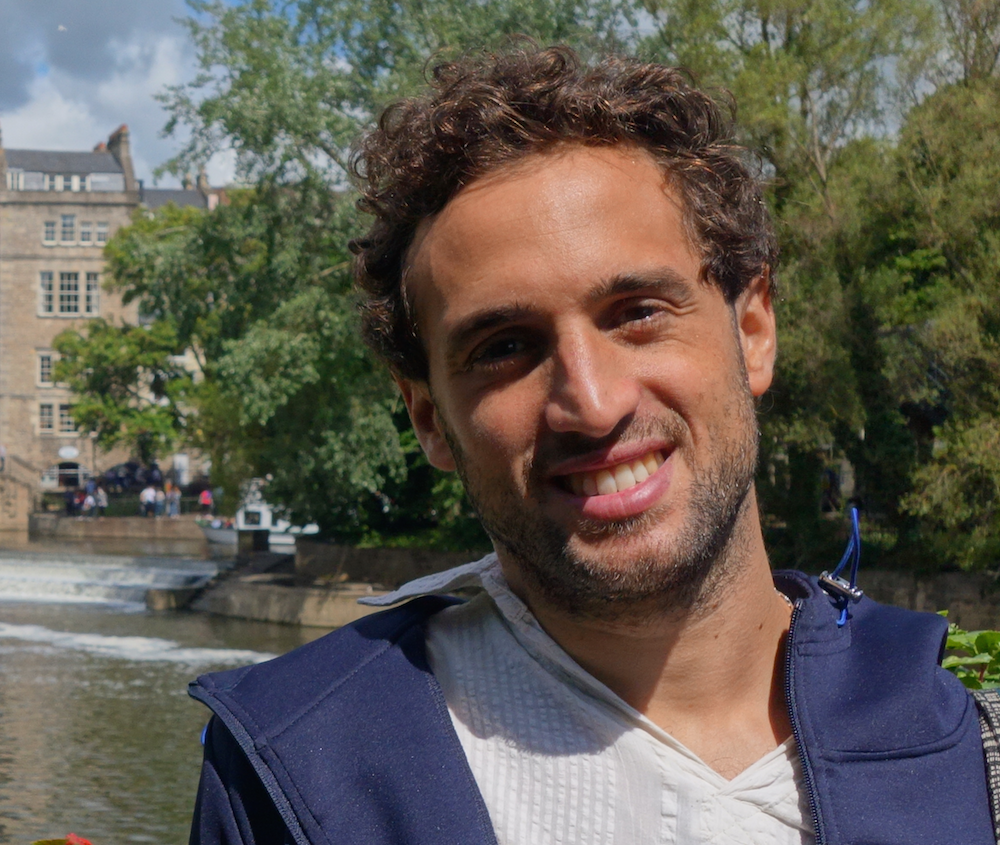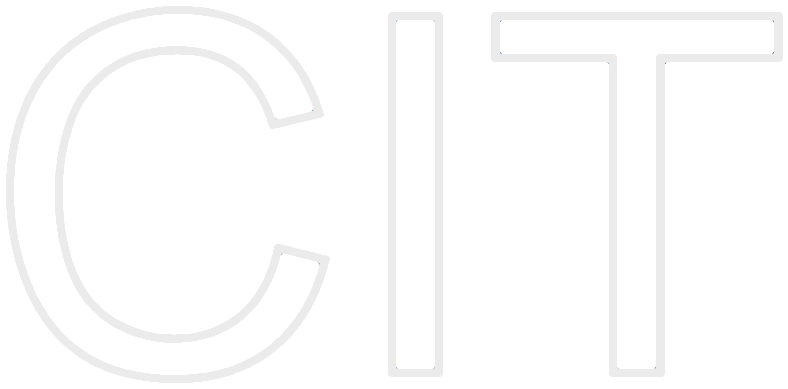Seminar Course: Wearables for Animals WS17/18
At a glance
- Credits: 4 ECTS / 5 ECTS
- Course type: Bachelor/Master Seminar Course
- Possible module numbers: to be defined
- Participants: 8-10 students
- Info Meeting: July 5th 2017 14:00 in our chair's meeting room: 01.07.58.
Course description
Although animals have been exposed to technology since last century, the research field that formally investigates the relationship between animals and technology is less than a decade old. Nevertheless, solutions have already been developed that target a great variety of animals, including cows, pigs, apes, elephants, chicken and even bats.
In this course, we focus on technology that can be worn or implanted into animals and try to answer the following questions based on existing literature:
1) Requirements elicitation: what requirements have been elicited for wearable devices for different animals? how were these requirements elicited (interviews with experts, studies with animals)?
2) Design: what design alternatives have been evaluated for the device and software running on the device? what hardware devices (sensors, output devices) have been studied? how have sensor devices been designed (size, placement, attachment)? what software solutions have been used (machine learning, data analysis)? how was the interaction between the device and the animal / animal keeper been designed?
3) Evaluation: What methods have been used to evaluate the proposed solutions (controlled experiments, in-field studies, data analysis)?
Learning Method
The learning effect in this course occurs in three steps:
1) participants read and analyse up to three scientific papers related to the field. The amount of papers will depend on the difficulty of the selected papers.
2) participants prepare a presentation and present it to the other participants twice. During the mid-term presentation, participants are given feedback on aspects about the presentation that should be improved (e.g. concepts that should be explained in more detail). This feedback should be incorporated in the final presentation.
3) participants learn to write a scientific paper (1 page) which includes: introduction, problem being solved, methods to solve the problem and results of the methods.
Prerequisites
You have participated in the iOS Lab course or are familiar with either machine learning or embedded software development.
How you can prepare for the course
-
Have a look at the suggested papers: https://www.dropbox.com/sh/lj0g6ykkl93ntlx/AAB-f9XSaB0j9WoQtT3Wsf0ya?dl=0
-
Search in Google Scholar, the ACM Digital Library or in IEEE Xplore for research papers on wearable devices for an animal you might be interested in.
Schedule
| Event/Meeting | Date | Time | Place | Description |
| Info Meeting |
July 5th 2017 |
14:00 - 16:00 | 01.07.58 |
You get an overview of the course and learn about the application process. Slides |
| Kickoff Meeting | October 16th 2017 | 14:00 - 16:00 | 01.07.58 | We present the topics. Slides |
|
Mid-term Presentation (max. 15 min) |
November 30th 2017 | 9:00 - 11:30 | 01.07.58 | You present your topic and get feedback from us |
|
Final Presentation (max. 15 min) |
January 26th 2018 | 14:00 - 16:00 | 01.07.51 | You present your topic (15 min presentation). Your presentation should incorporate the feedback from the mid-term presentation |
|
Final Submission (max. 1 page) |
February 2nd 2018 | until end of the day | You submit the final presentation and 1-2-page paper. (PDF files only). The templates are available in: here |
Application
Please have a look at the slides of the info meeting. Attendance to the info meeting is not mandatory but strongly recommended. The application to this course happens in the following steps:
- Send an email to juan.haladjian (at) in.tum.de with your motivation to participate in the project (2-4 sentences), the previous courses you have taken at our chair and your TUM grades report. (latest July 14th)
- Give a priority to the seminar through the matching system of the faculty. (from July 14th until July 19th)
- We inform you about your application. (Until July 20th)
Grading
The grading will depend on the quality of the final presentation (15 min) and paper submission (2 pages).
Instructors & Contact
Email us with questions at haladjia (at) in.tum.de
 |
Dr. Juan Haladjian |
 |
Prof. Bernd Brügge, Ph.D. |



